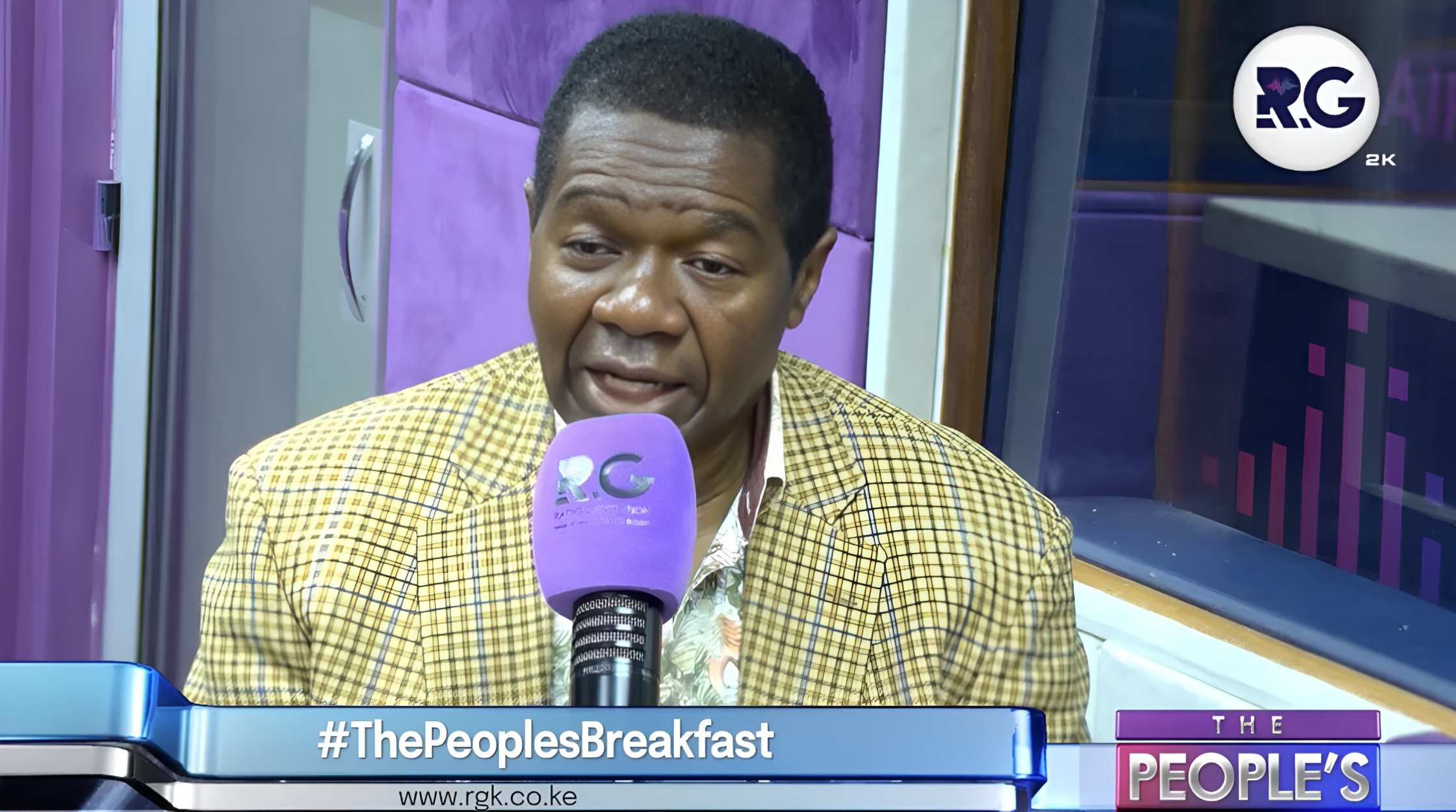Former IEBC CEO faults Commission design, calls for overhaul to end power struggles

Oswago on Tuesday said the leadership design provided in the Independent Electoral and Boundaries Commission Act, where the Chairperson and Commissioners are in charge of strategy and supervision.
Former IEBC Chief Executive Officer James Oswago has said the structure of the electoral commission is fundamentally flawed and must be reformed to stop recurring internal clashes between the secretariat and the commissioners.
Oswago on Tuesday said the leadership design provided in the Independent Electoral and Boundaries Commission Act, where the Chairperson and Commissioners are in charge of strategy and supervision, while the CEO leads the secretariat, is not working in practice and continues to create unnecessary tension.
“The structure in the IEBC Act says the chairman and commissioners handle strategy and supervision, while the CEO leads the secretariat and is the chief executive. That’s the idea. But in reality, it often doesn’t work like that,” Oswago said during an interview with Radio Generation.
He explained that the Act separates the commission into two parts: the Commissioners, led by the Chairperson, and the Secretariat, led by the CEO.
As highlighted in the IEBC ACT, the CEO, who is also the Secretary to the Commission, is responsible for overseeing daily operations, implementing commission decisions, managing staff and finances, coordinating directorates, and keeping official records.
On the other hand, the Chairperson provides overall leadership, ensures the commission is functioning effectively, engages members, leads evaluations, and serves as the official spokesperson.
The law also expects the Chairperson and CEO to work in close coordination.
According to Oswago, the two offices are supposed to work in harmony, but this balance has been missing due to the structure itself.
“There should be seamless harmony between the two, but that harmony rarely exists,” the former official noted..
He argued that although the law assigns strategy to the commissioners, strategy in any institution should originate from the secretariat, where the skills, institutional memory, and technical expertise reside.
“Strategy originates from the secretariat. It is the secretariat where you have the skills and the capacity to build strategy. Commissioners come and go every six years, but the secretariat is there longer,” Oswago said.
He also questioned how commissioners who are supposed to focus on supervision and policy guidance end up working full-time from offices with staff and drivers, yet their legal role is limited.
“A commissioner comes to work from eight to five with a driver, a secretary, and an office. But what exactly are they doing every day if their job is just strategy and supervision?” Oswago posed.
Oswago added that, unlike other constitutional commissions where the roles between commissioners and CEOs are clear, such as Parliament’s Clerk or the Judiciary’s Registrar the IEBC remains the only institution struggling with turf wars due to vague legal provisions.
“In my view, the design is defective. The IEBC tried to clarify roles in the law, but in doing so, they planted seeds of tension,” he said.
“It was inbuilt because of wrong terminology. For example, when you say commissioners do strategy, where does strategy come from?” Oswago questioned.
He warned that allowing commissioners to dominate strategy without involving the secretariat risks weakening the institution’s performance.
“Strategy formulation cannot be left to commissioners alone. Strategy is for the whole institution. Commissioners own the vision, but the secretariat plays a big role in developing and implementing it,” Oswago added.
The former CEO also raised concern over the high turnover of CEOs at the commission, which he said points to deeper problems in the leadership structure. According to the IEBC Act, the CEO should serve a five-year term, renewable once.
But Oswago noted that since he left office in 2013, the commission has already had four CEOs, with the most recent one serving in an acting capacity for four years
“I was the first CEO. Then someone else came, and they left. Another one came and left. Then the current one stayed for four years in an acting capacity. How can someone act for four years? That means there is something seriously wrong,” he said.
He concluded that the commission must rethink its entire leadership setup before the next election cycle.
“My view is that it is time to change the structure. The question is, does it work? Clearly, the answer is no,” Oswago said.
